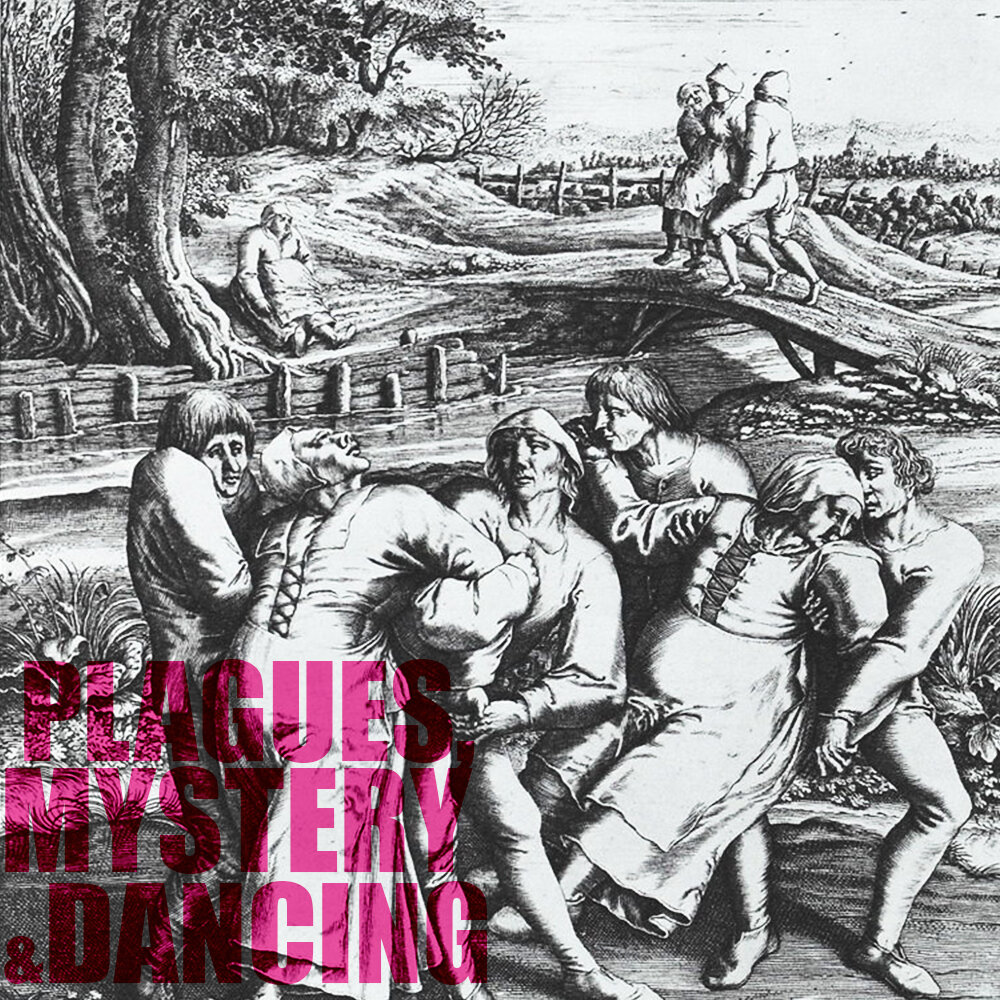Episode Summary
“The universities do not teach all things, so a doctor must seek out old wives, gypsies, sorcerers, wandering tribes, old robbers, and such outlaws and take lessons from them. A doctor must be a traveler… Knowledge is experience.” — Paracelsus“They indulged in disgraceful immodesty, for many women, during this shameless dance and mock-bridal singing, bared their bosoms, while others of their own accord offered their virtue.” — C. Browerus describing the 1374 Dancing Plague Weird seems like the most appropriate word to describe today’s subject, and yet ‘weird’ feels like an understatement. On July 14, 1518, in Strasbourg, a lady named Troffea began dancing in the streets. Ok… that doesn’t sound too weird. Just bare with me… Troffea didn’t reply to questions or requests from her frustrated husband that she stopped. She had somehow slipped in a whole different state of consciousness and kept dancing until she passed out from exhaustion. As soon as she woke up, she started dancing again. This process of compulsive dancing and passing out went on for days until Troffea’s feet were covered in blood. But the real problem began when others fell under the same spell and joined in the dance… And that’s not the worst part. Before long, many of them began dropping off dead from heart attacks caused by the excessive effort. No matter how self-destructive the dance could be, the people afflicted simply couldn’t stop. Strasbourg had been hit with the weirdest plague in history… a dancing plague. As we explore the mystery of the dancing plague, we end up discussing the black plague, anti-Semitism, the corruption of the church, martyrs and saints, creepy fairy tales, the origin of Tarantella music, the limits of medicine in the 1500s, Paracelsus, mass hallucinations, collective hysteria, the placebo effect, and much more. If you feel generous and enjoy History on Fire, p
